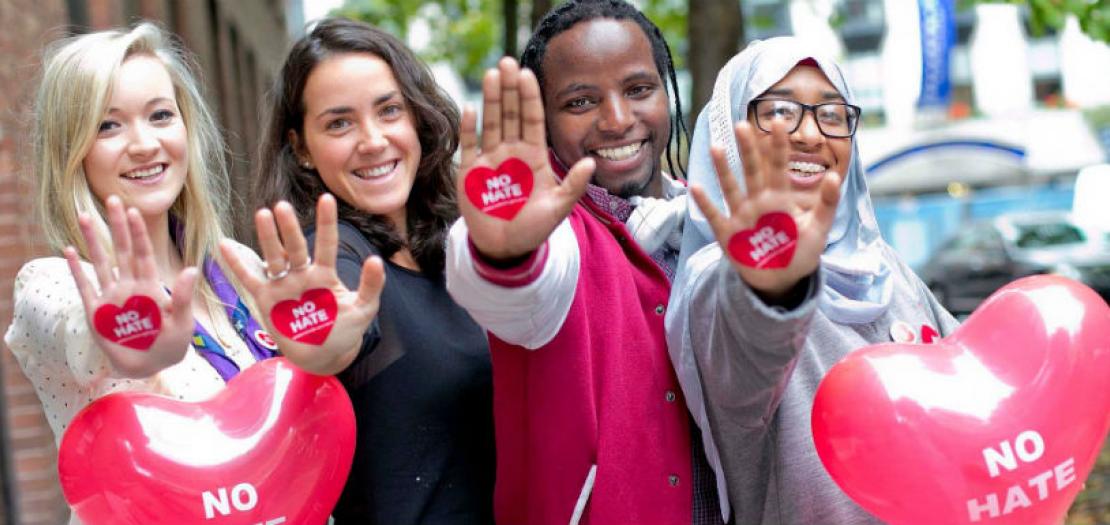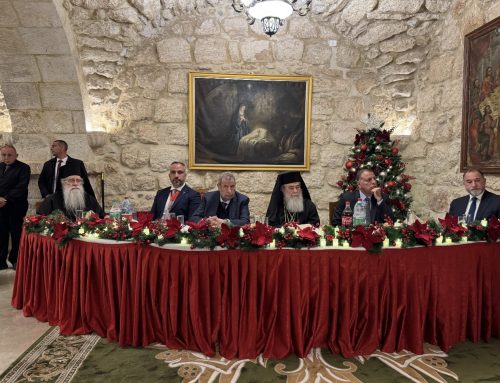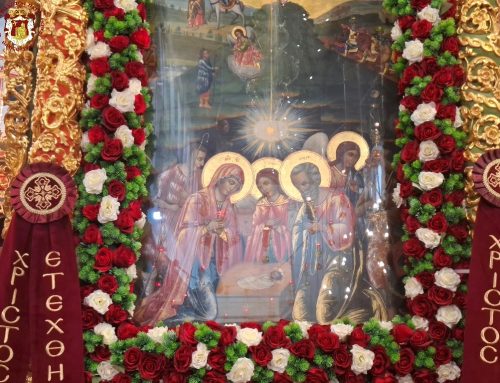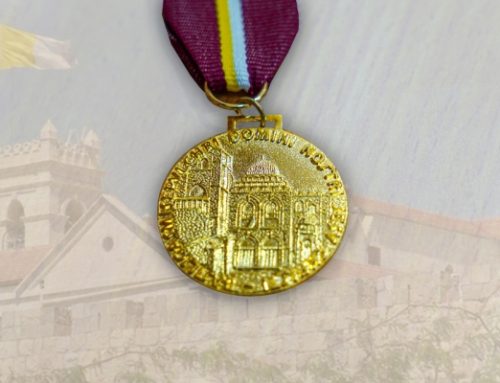Over the period September 27-28, 2021 the capital of Jordan, Amman, witnessed the holding of a very daring conference titled, ‘Journalists Against Hate’. It was a unique conference, held by the Muslim Council of Elders and the Catholic Center for Studies and Media in Jordan, with a lucid call to eliminate hate speech and replace it by speech that entrenches harmony, good wishes, and cordiality.
This two-day conference was characterized by heated debates as the conference participants and the attendants accentuated the need to eliminate hate speech which contradicts the views relevant to common living as well as to efforts designed to build homelands based on equality and good relations that help produce generations full of hope for a better future.
The conference issued recommendations that underline the need to preserve human dignity; to disseminate the culture of common living, tolerance and peace; to confront hatred, racism and discrimination; to educate the public opinion about its importance with regards to achieving stability, development and social cohesion; as well as to emphasize the role of the media in materializing reconciliations. It also called for bringing points of views of the Arab peoples closer and for dedicating a discourse of solidarity and integration as an entry point for resolving differences.
The conference sessions dealt with hate speech from various perspectives. What actually drew attention and what was outstanding is the reference made to bloody crimes committed in the name of hate speech. The whole idea is that some people would read views on social media websites that are blatantly attacking a certain writer or intellectual for writing a book, for instance, that violates views of some common people. Crimes are committed by other people against such a writer by people who neither have ever read such a book nor found out what it says. In this case crimes are committed out of blind incitement with the assumption that the views expressed on social media websites are valid. Despite the important fact that no one has the right to take the life of others for any reason, yet freedom of expression should always be respected as long as it does not trespass on human values where respect from religious values and dignity of others is a red line that should not be crossed by all means.
The question that arises in this regard is who was the first one to have called for the institution of love in a way that brushes aside hate and all hate-related vicious acts?
The first person who instituted the concept of genuine love that is abhorrent to hate is the Prince of Peace, Lord Jesus Christ.
He said: “A new commandment I give you: Love one another. As I have loved you, so you also must love one another.” (John 13:34)
This commandment by Lord Jesus is a lucid call to replace hate with love since evil boomerangs, and violence leads to a vicious circle that ends nowhere.
Lord Jesus went further in accentuation the commandment of love by stating, “But I tell you, love your enemies and pray for those who persecute you.” (Matthew 5:44)
This position represents the ultimate and absolute call for love or rather a means to completely scarp hate.
The call by Lord Jesus to exude love even for enemies does not merely include cybercrimes, but rather all walks of life for when love prevails it eliminates all forms of hate as well as all violent acts that represent the ramifications of hate.
When love prevails among humans, regardless of their religious affiliations, creed, or origin, then peace prevails and all people would work hand-in-hand for the prosperity of their respective societies.
Let us brush aside hate, open our windows and let the divine message of love come in and dominate our hearts, minds and deeds.
Many thanks to the leading role played by the Catholic Center for Studies and Media in Jordan and the Muslim Council of Elders for jointly holding this conference that elucidates the evil ramifications of hate speech in the hope of replacing hate speech by “love, brotherhood, and amity speech.”
By Munir Bayouk
Source: en.abouna.org






